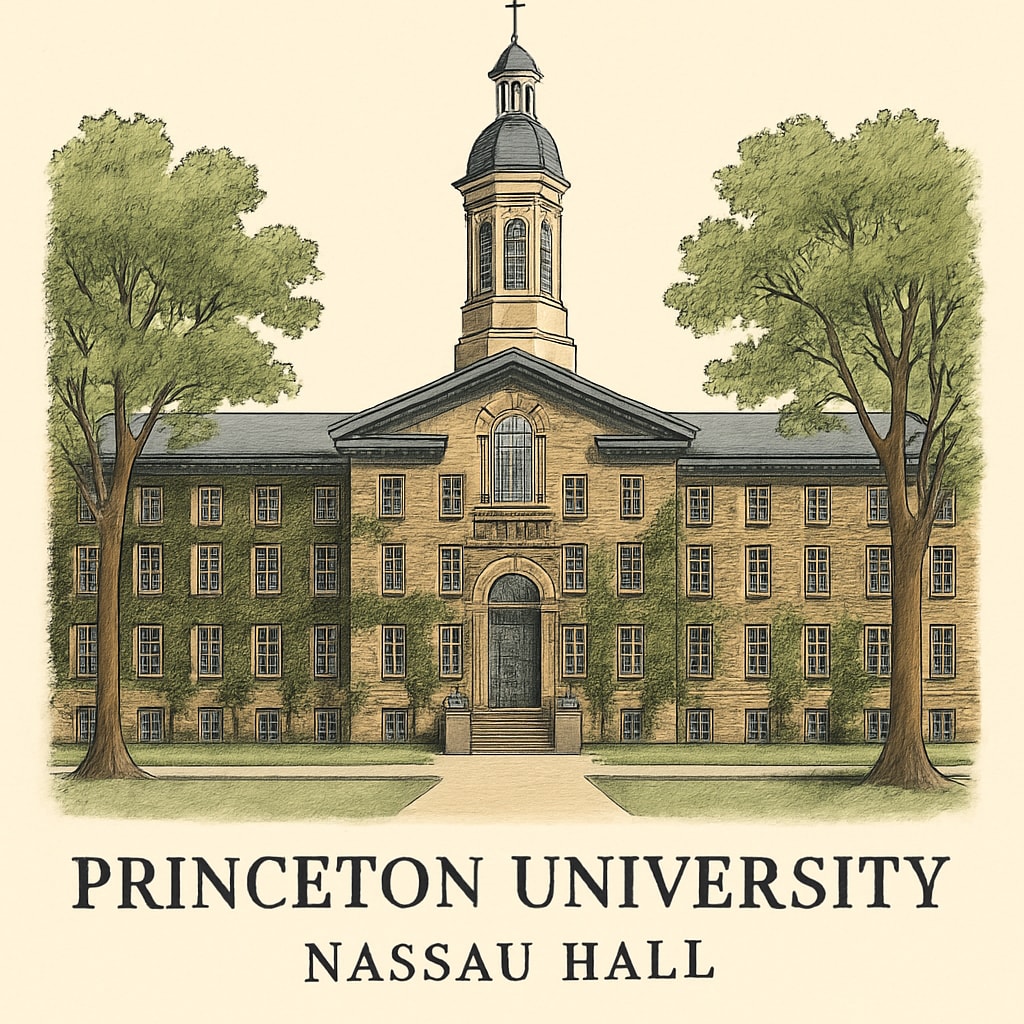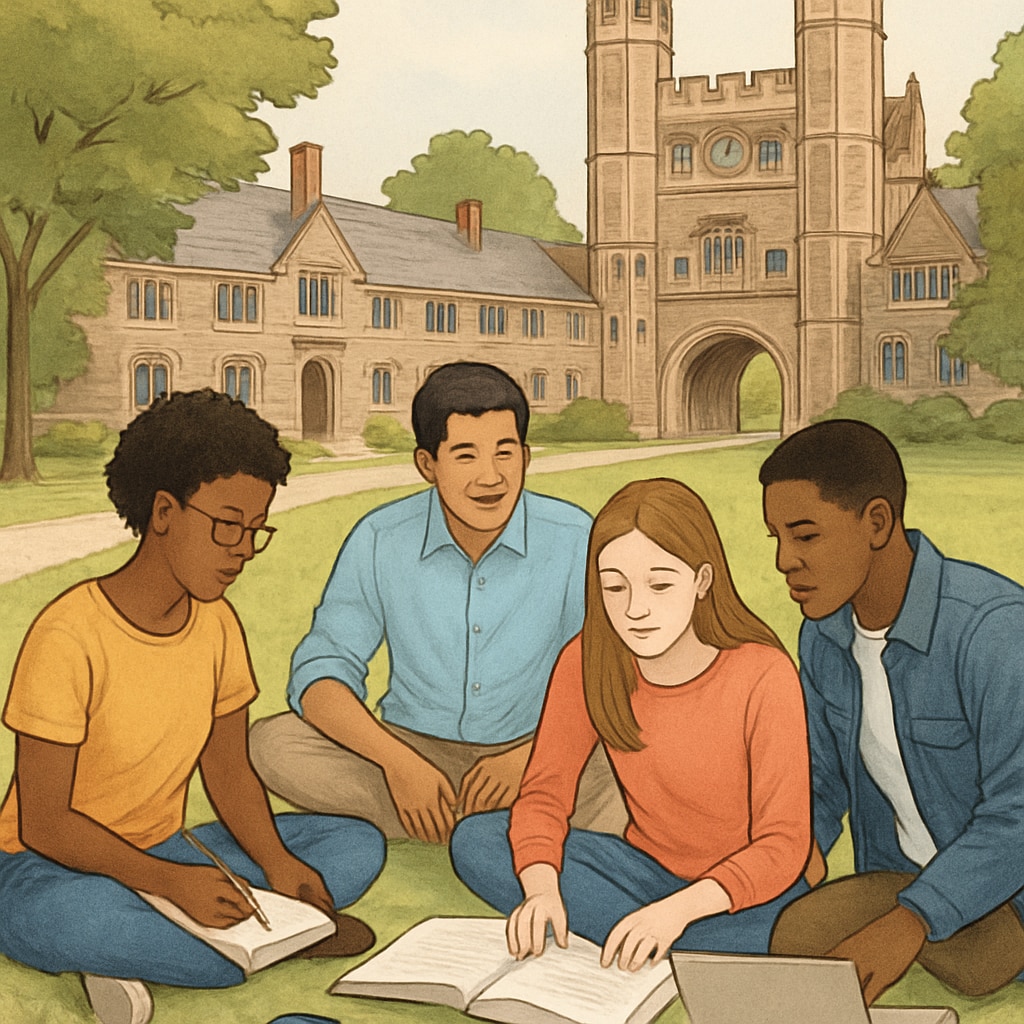The allure of Princeton and the Ivy League has long dominated the aspirations of students and parents alike. However, the question remains: is the prestige of these institutions overestimated? While the Ivy League is often viewed as the pinnacle of higher education, many argue that the reputation of these schools, including Princeton, may not always align with their actual educational value. This article delves into the myths surrounding Ivy League schools and reflects on the mindset that drives families to chase these elite institutions, often starting in the K-12 years.

The Ivy League’s Reputation: History vs. Reality
The Ivy League, a group of eight elite universities in the United States, has historically been synonymous with academic excellence and privilege. Princeton, for example, is celebrated for its rigorous academics, world-class faculty, and stunning campus. However, is this reputation deserved, or is it more a product of branding and historical momentum? According to Encyclopaedia Britannica, the Ivy League was initially a sports conference, and its academic prestige developed later. This suggests that much of its allure stems from tradition rather than a consistent, measurable superiority in education.
Critics argue that while Ivy League schools undoubtedly offer quality education, their exclusivity often overshadows the reality that many non-Ivy institutions can provide equally rigorous academics and better value for money. For instance, public universities and smaller liberal arts colleges frequently outperform their Ivy counterparts in specific fields or programs. Yet, the halo effect of the Ivy League persists, elevating their status beyond what may be justified.
Princeton’s Place in the Ivy League: A Closer Look
Princeton, ranked consistently as one of the top Ivy League schools, exemplifies the prestige-versus-reality dilemma. Its small class sizes, renowned faculty, and emphasis on undergraduate education are often touted as unparalleled. However, some question whether these attributes justify the extraordinary resources and attention lavished on the institution. For example, is the educational experience at Princeton significantly superior to that of a top-tier state university like UC Berkeley or the University of Michigan?
Moreover, while Princeton excels in areas like engineering and public policy, its dominance in rankings may not fully reflect the broader landscape of higher education. As highlighted in a critical analysis of college rankings by Forbes, these metrics often prioritize factors that favor elite institutions, such as endowment size and alumni donations, rather than direct measures of student outcomes or educational quality.

Why Families Chase the Ivy Dream
The obsession with Ivy League schools is not limited to their educational offerings. For many families, admission to an Ivy League institution is seen as a golden ticket to networking opportunities, career success, and social prestige. This mindset begins early, with parents heavily investing in test prep, extracurriculars, and private counseling throughout their children’s K-12 years.
However, this tunnel vision often overlooks the broader definition of success. Studies have shown that factors like a student’s drive, resilience, and the resources they access during college play a more significant role in long-term success than the name of their alma mater. Furthermore, the intense focus on elite admissions can lead to undue stress on students, narrowing their educational and personal growth opportunities.
Rethinking the Value of Higher Education
As society moves toward a more skills-based economy, the importance of a school’s brand may diminish. Companies increasingly prioritize candidates’ practical skills, creativity, and adaptability over their alma mater. This shift challenges the traditional dominance of Ivy League schools and emphasizes the need for students and parents to adopt a more holistic approach to education.
To truly evaluate the value of an institution like Princeton, we must look beyond name recognition. Questions such as “What specific programs or opportunities does this school offer?” or “How well does the institution prepare students for real-world challenges?” are far more relevant than simply relying on rankings or legacy appeal.
In conclusion, while Princeton and its Ivy League peers undeniably offer excellent educational opportunities, their prestige often overshadows other equally viable pathways. Families and students should focus less on chasing elite brands and more on finding the right fit for their unique needs, goals, and aspirations. Only then can the myths surrounding Ivy League schools begin to fade, leaving room for a more nuanced understanding of higher education.
Readability guidance: Short paragraphs, clear transitions, and a mix of analysis and actionable insights aim to maintain reader engagement. Images and external links provide additional context for key points.


